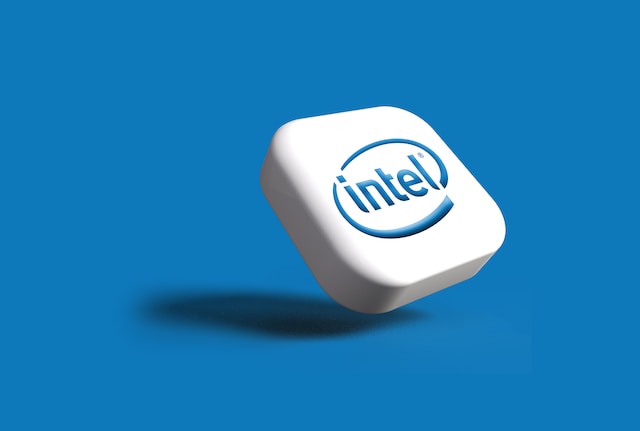In a sudden and unexpected twist, Intel, one of the world’s leading technology giants, has chosen to terminate its highly-anticipated $5.4 billion Tower deal due to unforeseen delays arising from the ongoing review process in China. This decision has left many industry insiders and enthusiasts in shock and has sparked discussions about the potential ramifications on future business endeavors in the tech sector.
The Tower Deal in Brief
The Tower deal, initially announced with great fanfare, was poised to be a significant acquisition that could have potentially reshaped the technology industry. The deal aimed to bolster Intel’s portfolio by incorporating cutting-edge semiconductor technology from Tower Semiconductor, a prominent player in the chip manufacturing domain. However, the long-anticipated acquisition hit a roadblock as the China review process took an unexpected turn.
Delays in China Review: A Surprising Hurdle
The abrupt decision by Intel to abandon the Tower deal comes as a result of the extended delays caused by the review process in China. While cross-border deals often undergo regulatory scrutiny, the prolonged nature of this review and its ultimate impact on Intel’s strategic plans came as a surprise to many observers. These unexpected obstacles serve as a reminder of the intricate challenges that multinational corporations face when navigating complex global markets.
Implications for the Tech Industry
Intel’s decision to walk away from the Tower deal raises significant questions about the future landscape of mergers and acquisitions within the technology sector. The global nature of the technology industry necessitates the collaboration of various stakeholders across different regions, making regulatory approvals a crucial component of successful deals. The Tower deal’s collapse underscores the importance of having a comprehensive understanding of regional regulations and potential risks when pursuing large-scale acquisitions.
Navigating Uncertainties and Lessons Learned
While the Tower deal’s cancellation is undoubtedly a setback for Intel, it also serves as a valuable lesson for other companies seeking to expand their global footprint through acquisitions. Thorough due diligence, proactive engagement with regulatory bodies, and the ability to anticipate potential challenges can all contribute to a smoother execution of cross-border deals.
Conclusion
Intel’s decision to abandon the $5.4 billion Tower deal due to delays in the China review process has sent shockwaves through the technology industry. This unexpected turn of events underscores the complexities of conducting business across international boundaries and the crucial role that regulatory approvals play in shaping the outcome of significant acquisitions. As the tech sector continues to evolve, companies must remain vigilant, adaptable, and prepared to navigate the challenges that come with global expansion and collaboration.












